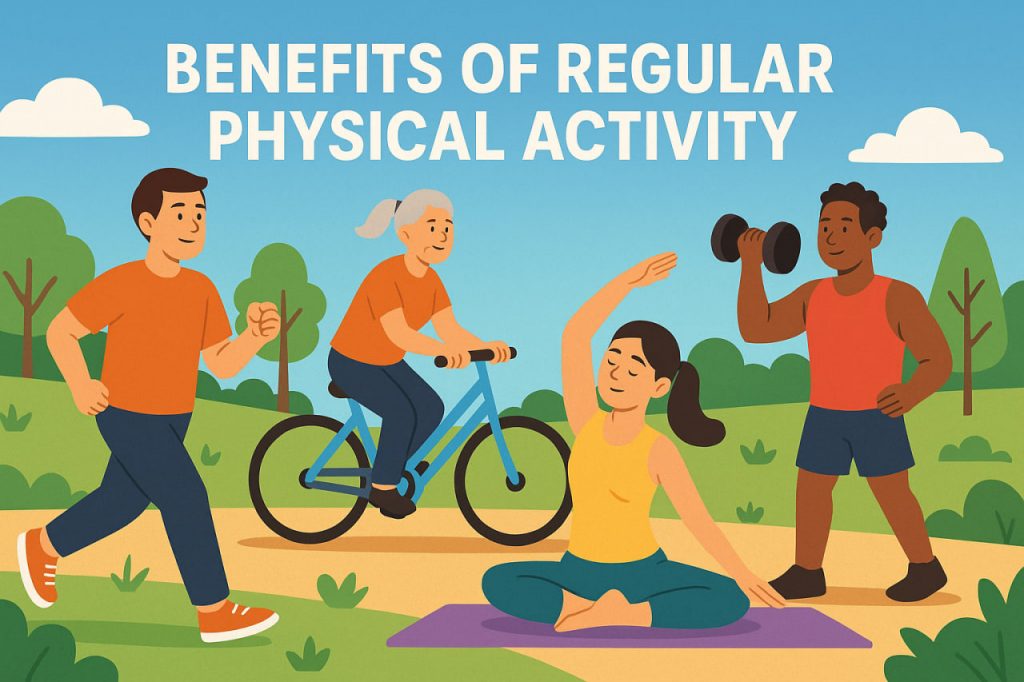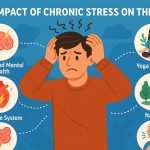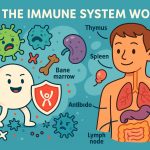Physical activity is one of the most effective ways to improve your health and well-being—both physically and mentally. Regular movement strengthens the body, boosts mood, and significantly reduces the risk of chronic diseases. Whether it’s walking, swimming, dancing, or playing sports, staying active is essential for a long and healthy life.
What Counts as Physical Activity?
Physical activity includes any movement that burns energy. It doesn’t have to be intense or time-consuming. The key is consistency. Common types include:
- Aerobic exercises (walking, cycling, swimming)
- Strength training (lifting weights, resistance bands, bodyweight exercises)
- Flexibility and balance (yoga, stretching, tai chi)
- Everyday movement (cleaning, gardening, playing with kids)
Experts recommend at least 150 minutes of moderate aerobic activity or 75 minutes of vigorous activity per week, plus two days of muscle-strengthening exercises.
Key Health Benefits
- Improved Heart Health
Exercise strengthens the heart muscle, lowers blood pressure, and improves circulation, reducing the risk of heart disease and stroke. - Better Mental Health
Physical activity boosts the release of endorphins and serotonin—natural mood enhancers that help combat depression, anxiety, and stress. - Weight Management
Regular movement helps regulate body weight by increasing calorie expenditure and balancing metabolism. - Stronger Muscles and Bones
Resistance and weight-bearing exercises improve muscle tone, joint health, and bone density, reducing the risk of osteoporosis. - Reduced Risk of Chronic Diseases
Physical activity lowers the risk of type 2 diabetes, certain cancers, high cholesterol, and high blood pressure. - Improved Brain Function
Exercise supports memory, focus, and learning by increasing blood flow and stimulating brain cell growth. - Better Sleep Quality
Active people tend to fall asleep faster, sleep more deeply, and feel more rested. - Increased Energy Levels
Regular movement enhances overall stamina, reduces fatigue, and improves day-to-day functioning.
Psychological and Social Benefits
- Boosts confidence and self-esteem
- Encourages discipline and goal-setting
- Promotes social interaction in group or team activities
- Provides structure and routine, improving mental stability
How to Stay Active Without Burnout
- Start small: 10–15 minutes daily can grow into a habit
- Choose enjoyable activities: dance, hike, or play sports
- Set realistic goals and track your progress
- Vary your routine to prevent boredom
- Include friends or family to stay motivated
- Listen to your body and allow rest days when needed
Conclusion
Regular physical activity is one of the most powerful habits for a healthier, longer, and more fulfilling life. It strengthens the body, sharpens the mind, and uplifts the spirit. You don’t need to train like an athlete—just move more, and do it consistently. Your future self will thank you.
Glossary
- Endorphins: Chemicals released by the brain during exercise that improve mood.
- Metabolism: The body’s process of converting food into energy.
- Osteoporosis: A condition where bones become weak and brittle.
- Aerobic Exercise: Activities that increase heart rate and improve oxygen use.


